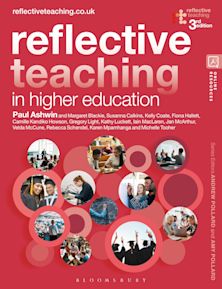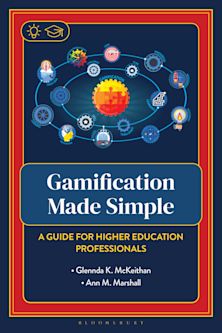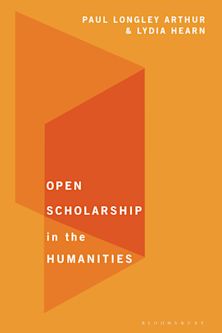- Home
- ACADEMIC
- Education
- Higher Education
- Structural Challenges and the Future of Honors Education
Structural Challenges and the Future of Honors Education
Structural Challenges and the Future of Honors Education
You must sign in to add this item to your wishlist. Please sign in or create an account
Description
Structural Challenges and the Future of Honors Education is the third volume in an edited series examining the proliferation of honors programs and colleges in American higher education. While honors education has become ubiquitous in American higher education, this transformation has happened without systematic attempts to align what honors means across institutions, and absent a universally agreed upon definitions of what honors is and what it might aspire to be in the future. This generates possibility and flexibility, while also creating rather serious challenges.
Many such challenges are structural: perpetual budgetary constraints, changing expectations about the role of high education and the “return” it ought to provide to the student, and the changing technological landscape of higher education and society more generally. The contributors here examine the structural challenges honors education currently faces and those forces it is likely to confront in the future, offering insights about how honors might respond creatively to these present and future challenges.
Table of Contents
Foreword
John Zubizaretta, Columbia College
Chapter 1: Introduction: Confronting Structural Realities and Challenges
Robert W. Glover, University of Maine
Katherine M. O’Flaherty, Arizona State University
Chapter 2: Creating Tomorrow’s Honors Education: Theory, Practice, and Student Development
Jaclyn M. Chancey, University of Connecticut
Jennifer Lease Butts, University of Connecticut
Daniel Mercier, Wesleyan University
Chapter 3: Bridging The Academic Gap
Brett Nachman, University of Wisconsin-Madison
Chapter 4: Honors Program Innovation and the Role of Technology: A Case Study of Honors e-Portfolios
Maureen Kelleher, Northeastern UniversityLauren Pouchak, Northeastern University
Chapter 5: Honors in a Cross-National Context: Scotland’s Master of Arts with Honors
Darren J. Reid, University of Maine
Chapter 6: Across the Great Divide: Distance Education and the Future of Honors
Robert W. Glover, University of Maine
Katherine M. O’Flaherty, Barrett, The Honors College, Arizona State University
About the Editors and Authors
Index
Product details
| Published | Dec 07 2016 |
|---|---|
| Format | Ebook (Epub & Mobi) |
| Edition | 1st |
| Extent | 114 |
| ISBN | 9781475831481 |
| Imprint | Rowman & Littlefield Publishers |
| Illustrations | 1 BW Illustration, 3 Tables |
| Series | Honors Education in Transition |
| Publisher | Bloomsbury Publishing |
About the contributors
Reviews
-
Throughthe third volume of Honors Education in Transition, editors Glover and O'Flaherty provide a critical space for honors colleagues to share practical experiences, creative pedagogical strategies and fresh programmatic approaches. Glover and O'Flaherty highlight through their collection that honors education is, at its best, a shared enterprise, one that fosters learning and exploration among and across academic institutions. They furthermore lead us to question the very meaning of “innovation” in higher education and to consider the essential role honors colleges and programs can and should play in a rapidly changing academic milieu. Thus Structural Challenges and the Future of Honors Education makes an important contribution to honors education, providing a helpful new resource as well as an excellent model for future collaborative work.
Margaret O. Killinger, Rezendes Preceptor for the Arts, Honors College at the University of Maine, and author of The Good Life of Helen K. Nearing
-
This volume underlines the beauty of honors education as a dynamic ongoing process. How worthy is this volume, offering the reader ideas of how honors education might stand out and persist in the face of larger structural dynamics in higher education. The authors present a hopeful and constructive vision for the future of honors education. This vision gives the volume coherence, with various innovative examples, especially in the domain of e-learning. Honors serves as an educational laboratory for teachers and a fun playground for students. The practical examples and the “Key Ideas” at the end of each chapter combined with various theories make this volume easy to use and nice to read. This volume can help educators and teachers create, manage, streamline and teach honors without comprising the quality of the experience.
Marca V.C. Wolfensberger, Professor, Talent Development in Higher Education and Society, Hanze University of Applied Sciences, the Netherlands

































